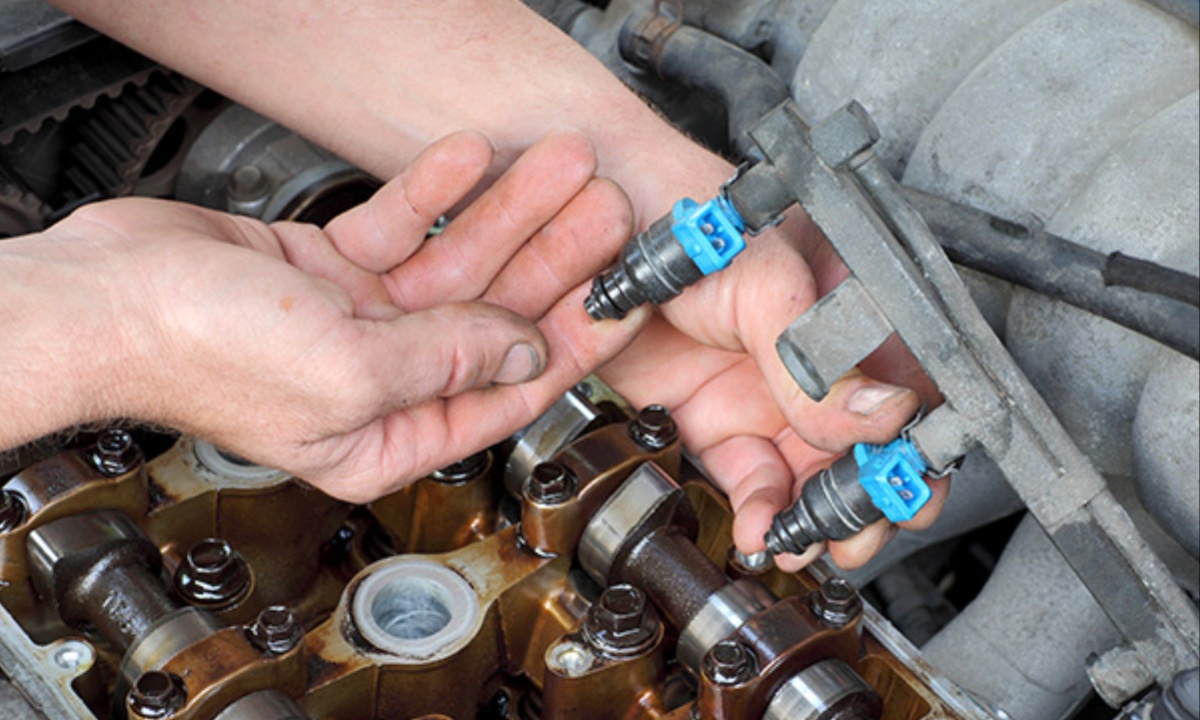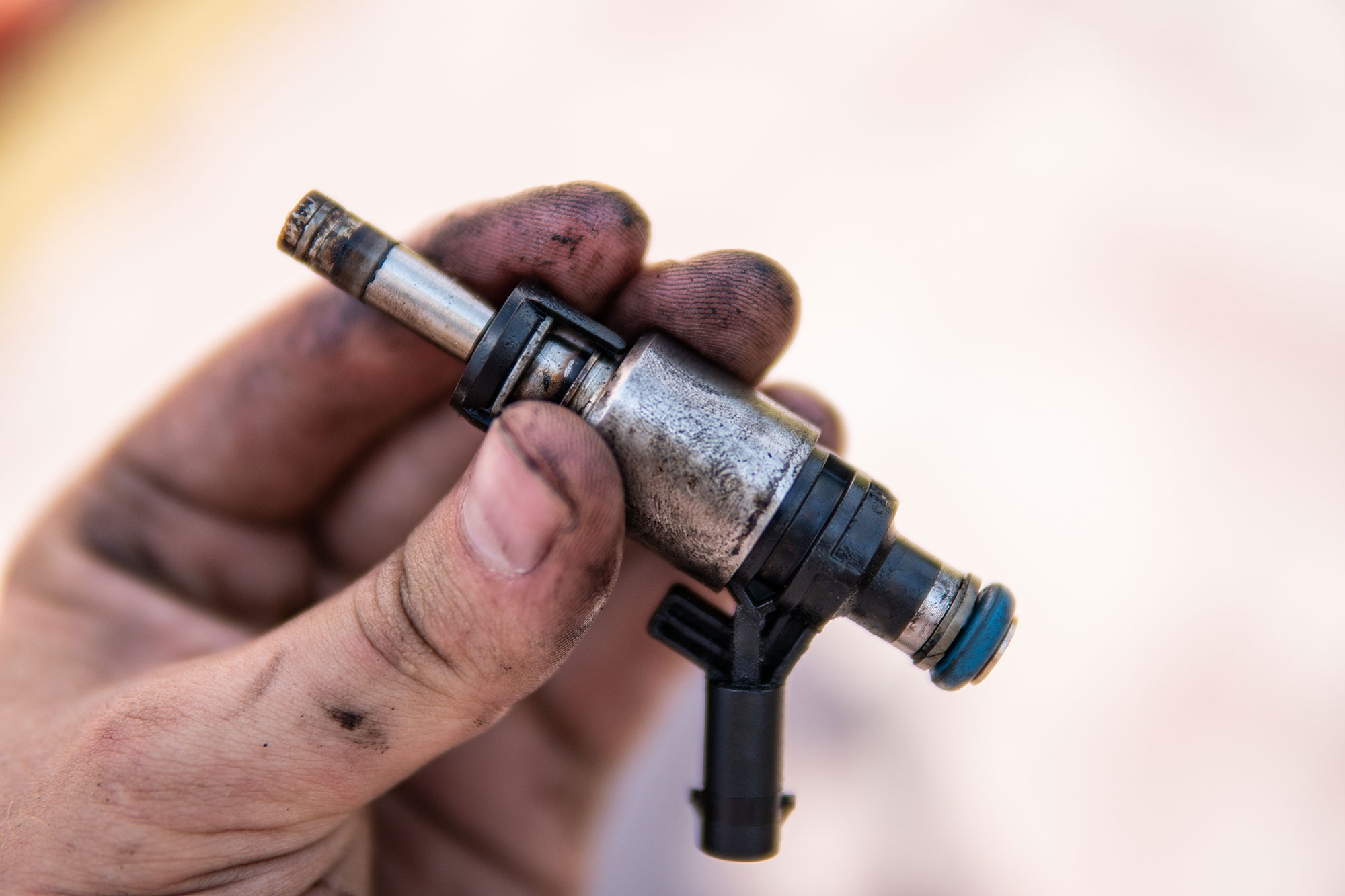Bad fuel injectors can cause significant disruptions to a vehicle’s performance by impacting the air-to-fuel ratio required for efficient combustion. Symptoms include misfiring, stalling after pressing the accelerator, poor fuel economy, and difficulty accelerating. These issues arise when the engine does not receive sufficient fuel, leading to an imbalanced combustion process. Neglecting these signs may cause overheating or even lead to the engine stalling entirely, emphasizing the importance of addressing injector problems promptly.
When fuel injectors malfunction, rough idling is a common symptom, caused by an inadequate fuel supply to the engine. This can result in the engine’s revolutions per minute (RPM) dropping below optimal levels, causing the vehicle to idle roughly or convulsively. If the RPM dips excessively, the engine might turn off completely. Additionally, a failing injector can cause engine vibrations, as the affected cylinder cannot fire properly. This vibration often accompanies other engine issues, necessitating further checks to pinpoint the injector as the cause.

Fuel leaks and the smell of fuel are other indicators of bad injectors. Leaks may occur due to age, damage, or a faulty seal, which can deteriorate over time. These issues are visible as fuel traces on the injector or fuel rail and are often accompanied by a noticeable fuel odor. Furthermore, failed emissions tests can signal injector problems since incomplete or irregular combustion can lead to excessive emissions, potentially damaging the catalytic converter over time.
Preventative maintenance is essential to avoid fuel injector issues. Regular cleaning, ideally every 30,000 miles, can prevent blockages. Affordable injector cleaners or professional services can restore functionality to dirty injectors. Leaking O-rings can be replaced, and in severe cases, faulty injectors may need replacement, which can be costly, depending on the vehicle. Cleaning is often sufficient to resolve most injector problems, making it a practical first step in addressing symptoms.
If left unaddressed, bad fuel injectors can cause extensive engine damage. Newer vehicles with sequential injection systems are particularly vulnerable, as a single misfire can disrupt engine performance. Older models with simultaneous injection systems may be less affected, as functional injectors can compensate for weaker ones. Observing early signs and taking timely action can prevent significant damage, ensuring the engine continues to perform optimally.

